The Chicory Biennale took place from October 18 to 19. This year's venue was Fritz Boss' farm in Knoblauchsland. The numerous guests came from Germany, Austria, Switzerland, France, Belgium and the Netherlands, among other countries. The program consisted of a specialist day with lectures from the various growing countries, which gave an overview of the current situation of chicory growing, Jan Wölfel from Cargoplast told us.
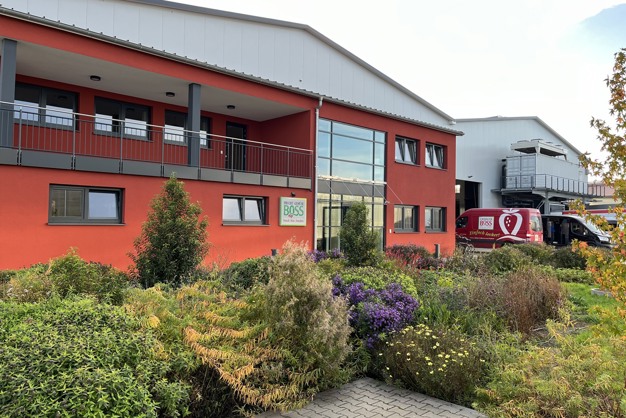 The Chicory Biennale took place this year at Fritz Boss in the Knoblauchland.
The Chicory Biennale took place this year at Fritz Boss in the Knoblauchland.
Consumption is stable, according to the Dutch presentation. The last year was an extreme year, with too little acreage, far too much rain and a spring that was far too wet to sow. Nevertheless, chicory prices have been trending upwards, which is positive. Herbicides are also a problem in the Netherlands. The industry is small, so little is invested by other companies, although more should be automated. In the Netherlands, advertising campaigns aim to motivate young people to consume more chicory, it was reported.
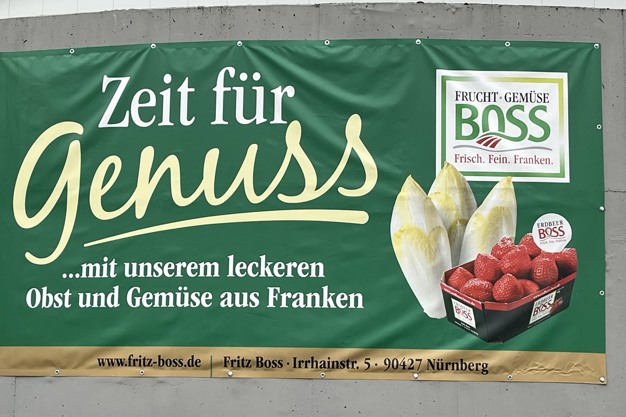
Belgium emphasized that the Chicory Biennale is like a family reunion and that they look forward to the reunion every two years. In Belgium, there are various problems due to the increased production costs, salaries, herbicide and energy costs. The workforce is also a problem.
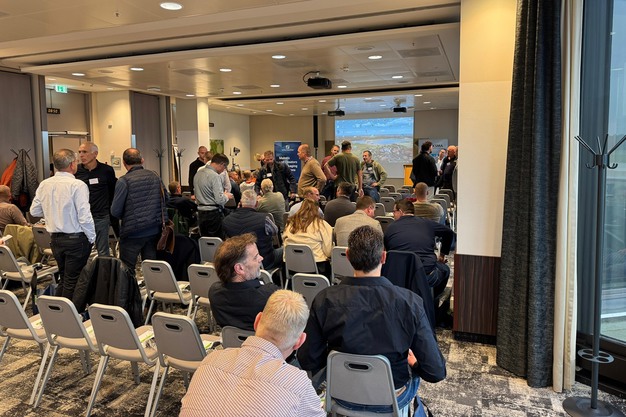 Presentations were given at the symposium from the various growing countries.
Presentations were given at the symposium from the various growing countries.
According to France, demand for chicory remains consistently good and the product is held in high regard. In Switzerland, too, supply is constant, the harvest will be good and normal, but herbicides are a problem. The funds would be cut and producers could drop out if no special permit was granted for a particular product. At the same time, the cost development for energy is difficult, as are the high labor costs. On the positive side, however, sales are stable and the target prices between production and trade are being met.
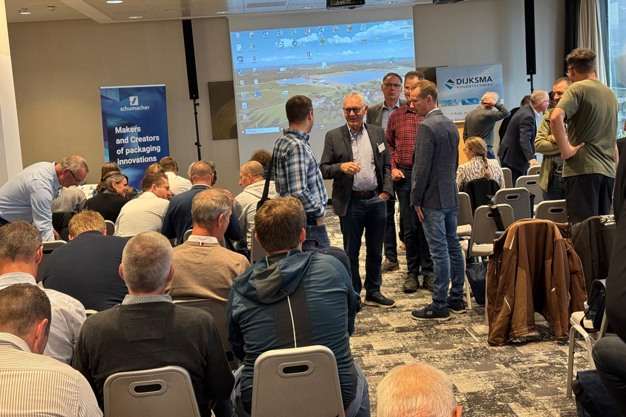 During the presentations, issues crystallized that are affecting the entire industry.
During the presentations, issues crystallized that are affecting the entire industry.
The new packaging laws were also discussed – a step backwards by 70 years, according to Wölfel. It was also emphasized that inflation must also reach the customers. The industry problems seem to be similar in all countries.
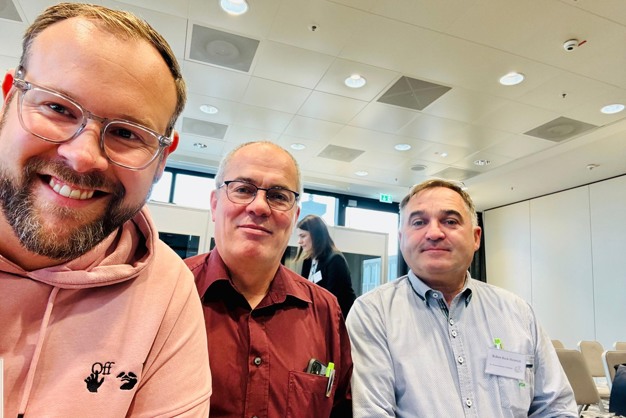 Jan Wölfel, Oliver Inderst and Robert Reck-Heinrich from Cargoplast
Jan Wölfel, Oliver Inderst and Robert Reck-Heinrich from Cargoplast
Germany is facing the same challenges, as was stated. Regarding the labor situation, it was noted that some people are talking about a four-day week, but chicory grows seven days a week. France, on the other hand, had a poor harvest last year and is hoping for a good harvest this year.
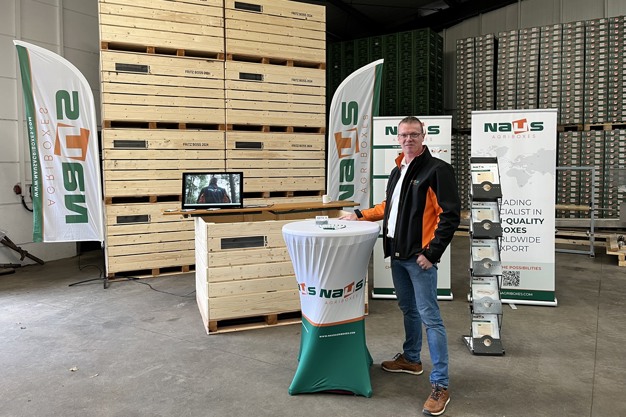 Robert Helder from Naus Agriboxes at their Biennale stand
Robert Helder from Naus Agriboxes at their Biennale stand
There are a number of concerns that are affecting the entire industry, including plant protection, which is a major problem, but also weed control and lice. Root lice are a big problem, but there are no more approvals in Europe. New solutions will therefore be needed from 2025. "There is a risk that at some point products (such as chicory) will no longer be produced at all, or will only be imported from countries where pesticides that have been banned in our own country are still allowed. This is a very hypocritical form of environmental protection," wrote Fabian Etter, managing director of Gamper Gemüsekulturen AG, after the event.
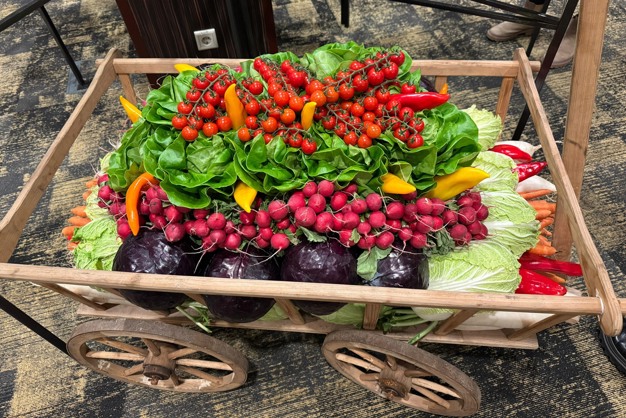
Another topic that came up was satellite monitoring to get a better overview of the fields.
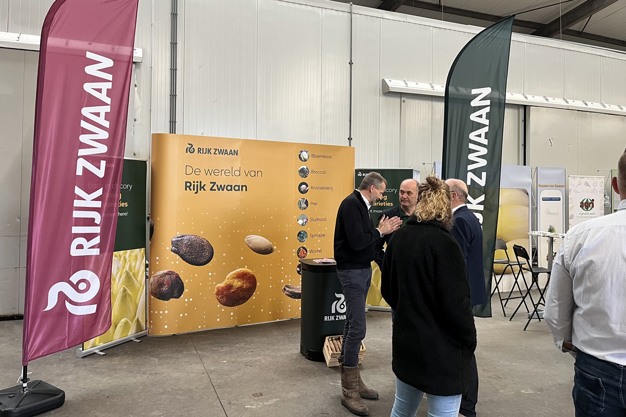 Rijk Zwaan stand
Rijk Zwaan stand
The participants also used their presentations to thank Fritz Boss, the organizer of this year's Biennale. It was "all in all a very successful event", which was "superbly organized by Fritz Boss," said Robert Helder of Naus Agriboxes upon request.
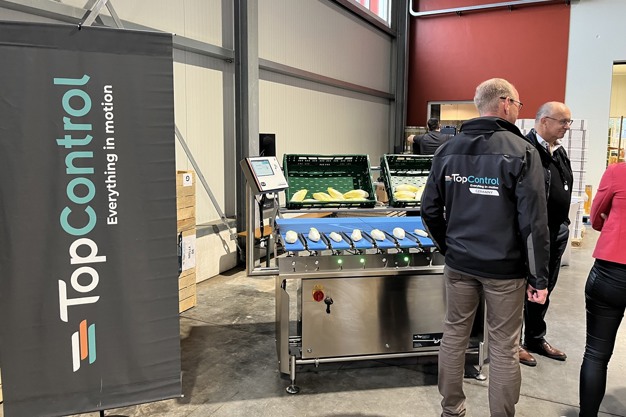 TopControl was also present.
TopControl was also present.
The next Chicory Biennale will take place in Switzerland in 2026. "We are doing our best to put together an interesting program and are already hoping for a large turnout," said Fabian Etter.
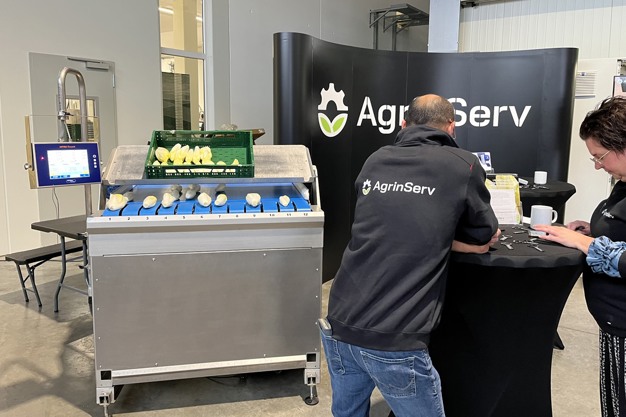 At the AgrinServ stand
At the AgrinServ stand
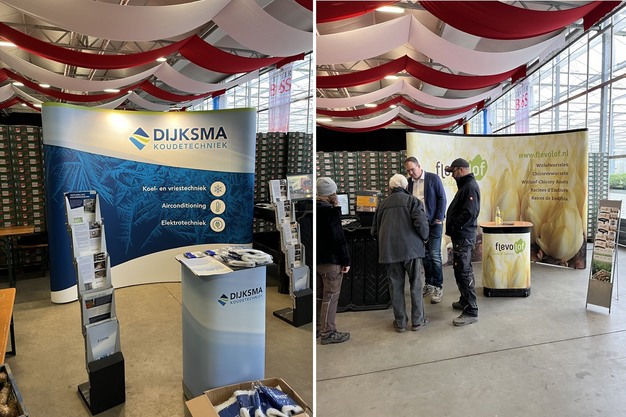 The Dijksma and Flevolof stands at the 2024 Biennale
The Dijksma and Flevolof stands at the 2024 Biennale
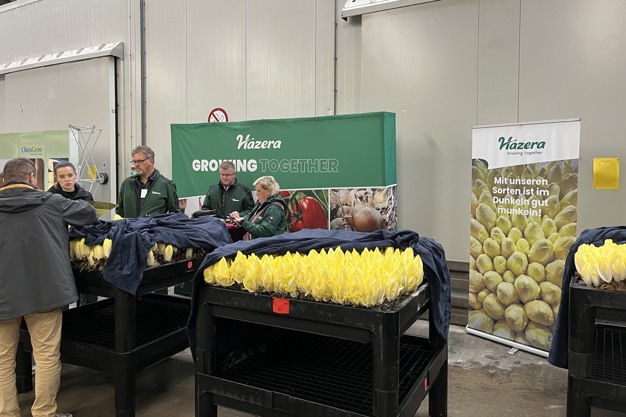 There was chicory to marvel at at the Hazera stand.
There was chicory to marvel at at the Hazera stand.
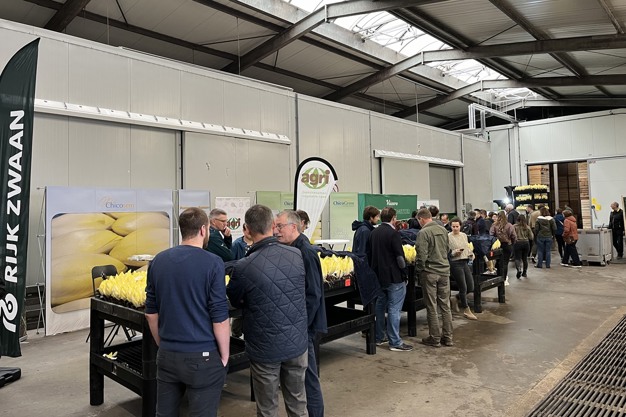 A view of the room
A view of the room
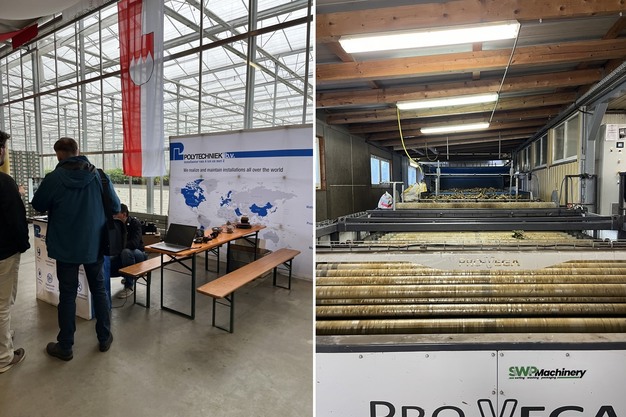 The Polytechniek stand and machines from ProVega
The Polytechniek stand and machines from ProVega
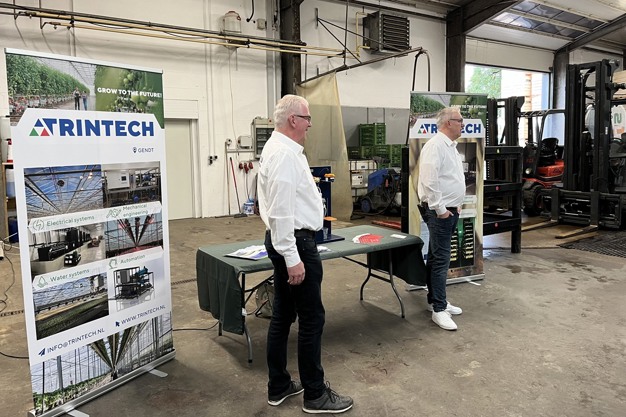 Trintech was also on site.
Trintech was also on site.
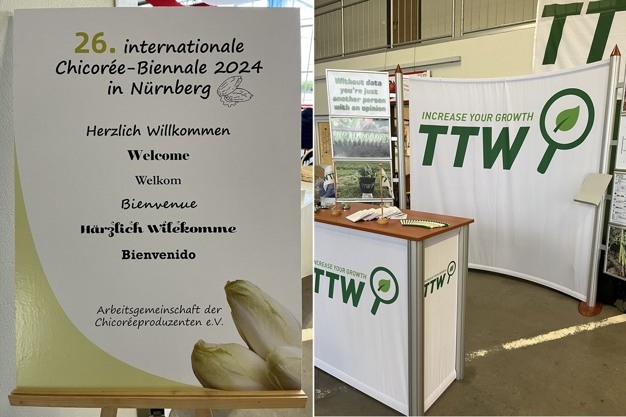 The chicory producers' association welcomed everyone. Right: Stand of TTW.
The chicory producers' association welcomed everyone. Right: Stand of TTW.
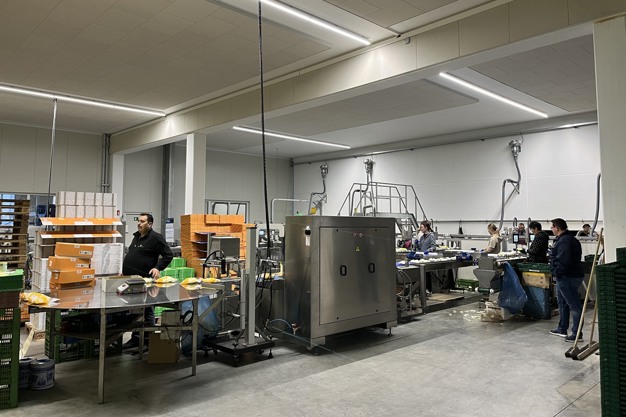 View of the facilities
View of the facilities
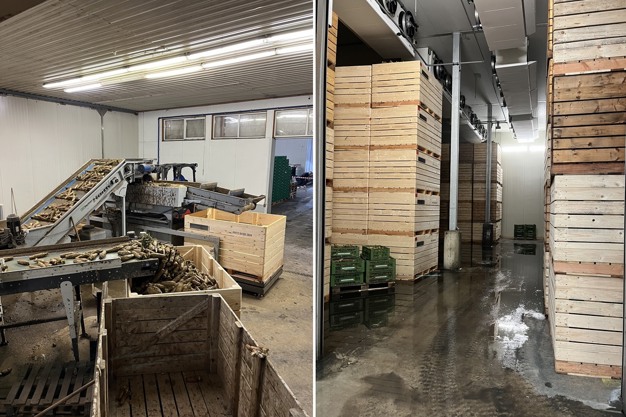 Loading and storage of chicory
Loading and storage of chicory
Photo credit: Jan Wölfel and Robert Helder
For more information:
Fritz Boss
www.fritz-boss.de
CargoPlast GmbH
www.cargoplast.eu
Naus Agriboxes
www.nausagriboxes.com
Gamper Gemüsekulturen AG
www.gampergemuese.ch
